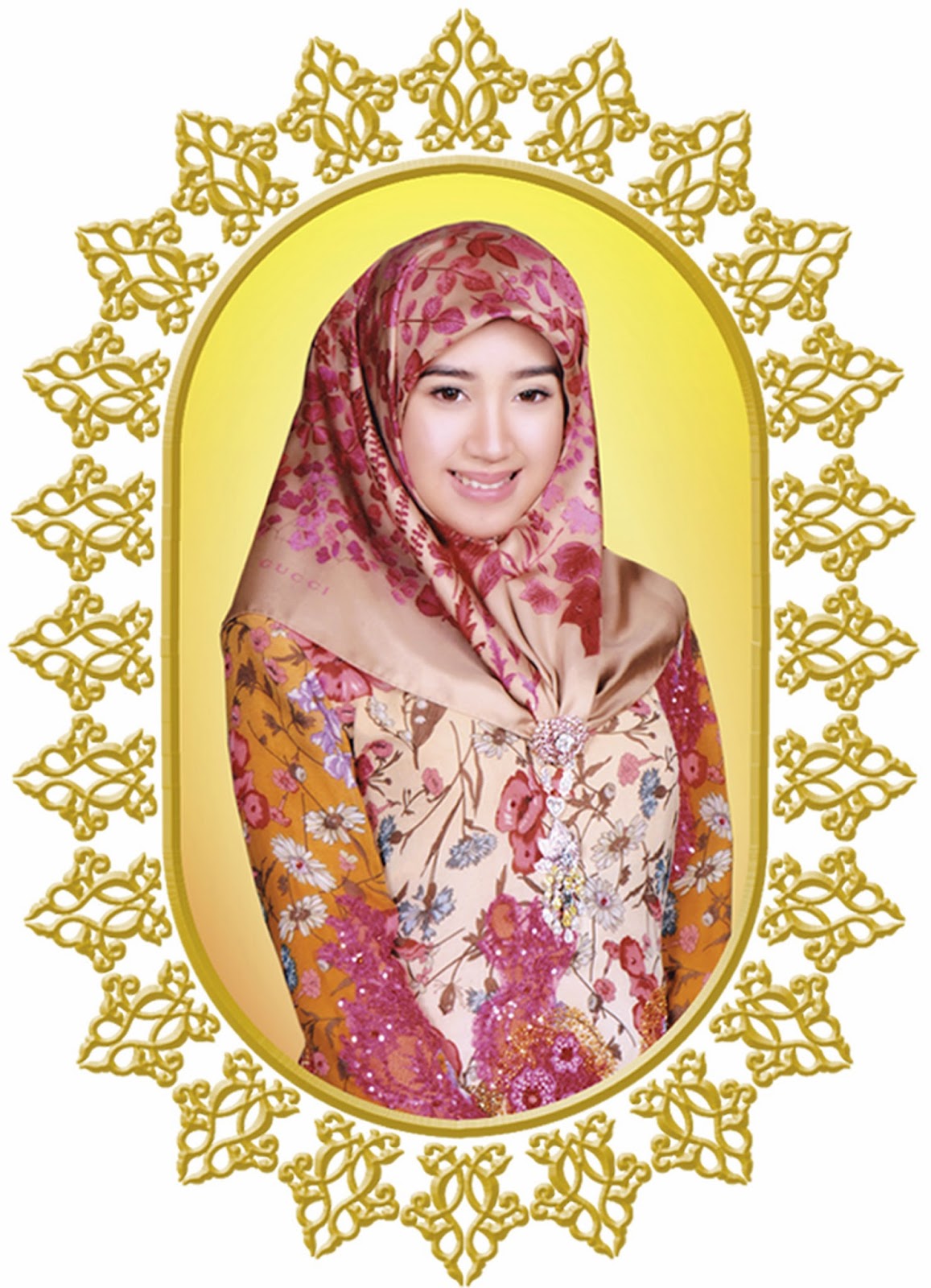The Brunei Housemaids
 I am still at home. I should be in the office but I am bent almost in half everytime I try to stand up. I must have a trillion invaders in my tummy giving me the mother of all tummy aches since 3 this morning. But I am unbowed and will attempt to write today's blogs. How's that for sacrifice to fulfilling a daily blog? I must be off my head...
I am still at home. I should be in the office but I am bent almost in half everytime I try to stand up. I must have a trillion invaders in my tummy giving me the mother of all tummy aches since 3 this morning. But I am unbowed and will attempt to write today's blogs. How's that for sacrifice to fulfilling a daily blog? I must be off my head...Through the miracles of modern technology namely the internet wireless I have at home, I am still able to type and post this even though I am crumpled up in bed. I was just listening to one of the daily articles on Radio Nasional, my current companion. The commentator was talking about the state of our Brunei families viz a viz with the housemaid. How the existence of the housemaid has turned Brunei's world upside down, children no longer able to help their parents, young girls not knowing how to cook, children talking with the accent of their housemaids etc.
When did the housemaid phenomenon arrive in Brunei? That I was not so sure. My own family started having a Filipino maid around 1980, if I am not mistaken and that was 26 years ago. According to Philippines' records, it became part of that country's policy to export labour, at first due to the high demand for foreign workers badly needed to implement ambitious economic programs in the host countries. In the 1970s, the Middle East provided a vast market for Filipino workers complemented by the increasing demand for service workers in Europe, Canada, Hong Kong and Singapore. Then the Asian economic boom of the late 1980s and 1990s attracted hundreds of thousands of workers.
In Brunei, in 1984, when the government revised drastically (up to 30+% increase) the salaries of government officers and staff, many government servants were suddenly able to afford maids, even among the ancilliary staff with a basic pay of $500. Since maids' salaries are around $200, they still have a balance of $300, so a maid is still affordable. With revises in allowances since 1984 (which most civil servants conveniently forget whenever they cite that their salaries have not been revised), first with the elaun kurnia khas of $150, $170 and $200 (revised twice), then later with the elaun sara hidup of $80, $100, $140 and $170 (revised), and the introduction of EB Khas, many civil servants no matter how lowly their basic salary is but with all the allowances, they can certainly afford maids.
So we have an interesting situation. One third of Brunei's total workforce are foreigners (50,000+). It leads of course to the number of phenomenon described in the radio article. Of course there are two sides to every coin. It does allow for both male and female to enter into the workforce. Prior to that, most of the people in my generation hardly have both father and mother working. Our mothers tend to be full time mothers and working mothers were the exceptions then and not the norm as today. It does allow for greater mobility - new families with new homes away from the parents very much younger. It does provide for much more luxury time - that is time to do other things and not do household chores especially for the females of the house. All in all, it does lead to a much bigger economic development and gain even if we take away the drain in the country's liquidity towards paying wages to the foreign workers which get exported.
There is therefore a good side to having housemaids despite the bad side raised by the radio article. The question becomes much more of how we balance the two. I guess I will stop my ramblings. It's hurting like crazy now.

Comments
This was the conversation I had the other day with few people. Could you share your thoughts on this?
Would we one day be more open to daycare centres / babysitters / housekeepers?
i was just wondering that the maids here are being wokred too much but are never paid enough...they work much more longer hours and doing hard work around the house and all that...i personally think that it is unfair...maybe the government should introduce a minimum wage for the foreign workers?
Yeah its very dis-heartening to see the maid work almost 24hrs a day. But sometime we cant help it. Its the way of life that they have to work in that kind of condition. As I mention before, if they refuse to work with that kind of hours, they are some other people who are willing to work the time as stipulated by the employer. Its a matter of choice. Really. Its a reality of modern slavery. Thats how I see it anyway.
Have you wonder what will be a Bruneian Engineer, doctors etc might earn if he work outside Brunei? Have you also wonder how much the expat engineer, doctors etc are earning while working in Brunei? Both may have the same experience and skills but for sure the Bruneian will get less. In reality, we already have our own cheap labour and it's happening right in our own back yard.